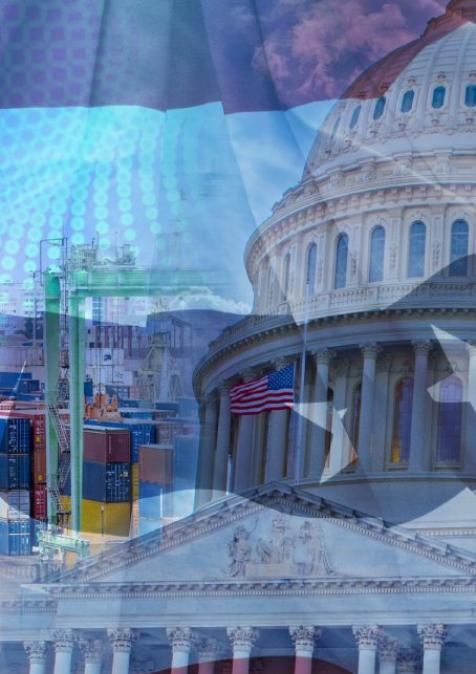Africafé est une émission du Policy Center for the New South qui décrypte l’actualité des organisations africaines et de l’Afrique. A travers de courtes interviews, l’émission tente de proposer d’aborder de manière pédagogique les enjeux des organisations africaines et l’actualité du continent.
Dans cet épisode Abdessalam Jaldi international Relations Specialist au Policy Center for the New South, présente les enjeux du dernier sommet UE-Afrique, les principales conclusions et les propositions de refonte de la relation entre les deux continents.
Speakers

Abdessalam Saad Jaldi
International Relations Specialist
Abdessalam Jaldi is an International Relations Specialist, with a focus on International Law and International Relations. He is currently working in the Policy Center for the New South as a core member of an analytical study examining the Maghreb mutations, the Euro-African relations, the new tendencies of international law and the influence of India and Africa. Ph.D Doctor in Law from France in 2018, he has four years of experience working in non-profit, social research and electoral observations.
...

Youssef Tobi
International Relations Specialist
Tobi Youssef has joined the Policy Center for the New South in 2017. He is currently working on Politics and Governance in the Maghreb Region; his areas of expertise are geopolitics, political risk and nation building. Youssef Tobi obtained a Master Degree at Sciences Po Lyon where he wrote two thesis on “ the role of Moroccan Bank in Africa, a non-state actor in service of the Diplomacy” and the“ Chasm between the mediatic and associative representation of refugees : a case study”.
Prior to working at the Think tank, Tobi Youssef participated in a Social Entrepreneurship Project in Beirut, Lebanon and conducted an internship in a NGO based in Marseille where he assisted refugees and helped raise funds.
...











